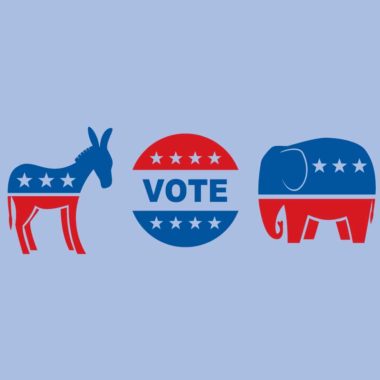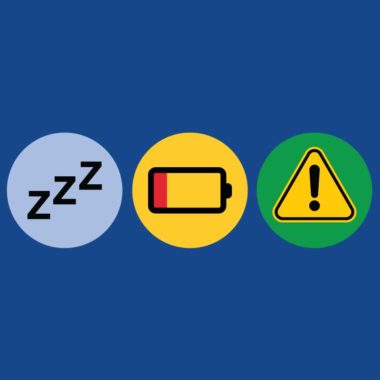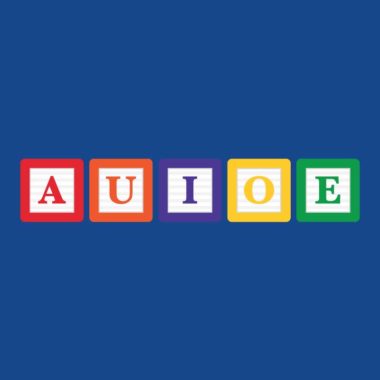What’s The Difference Between “Caucus” vs. “Primary”?
In the US voting system, there are two rounds of voting generally every two and four years. First, a primary or a caucus is held. During those, voters pick a party nominee. For example, in a Democratic primary, voters (often but not necessarily registered as Democrats) would pick among Democratic candidates for an office. The winner of that election then goes on to run in …








